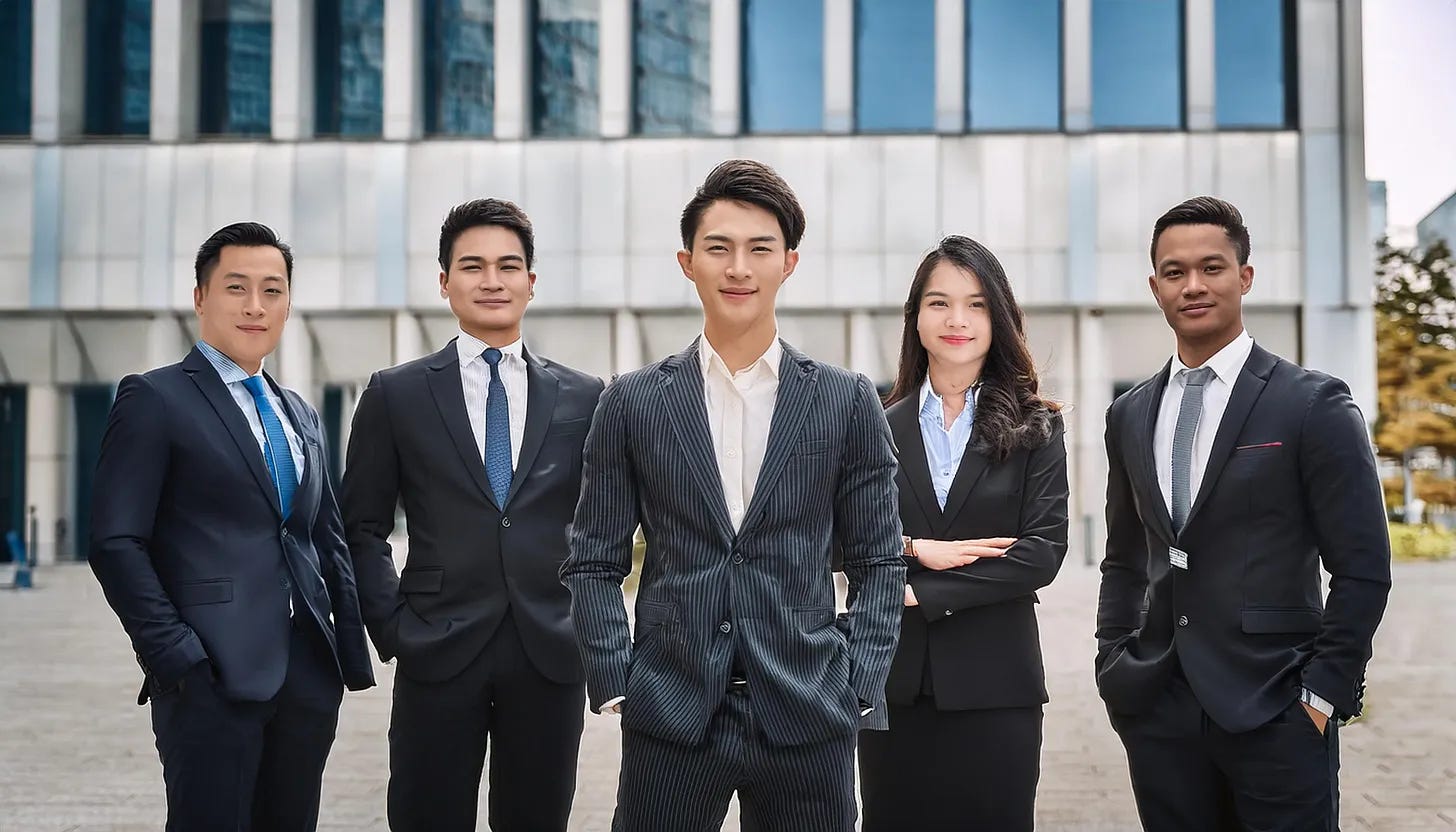Diplomacy, multiculturalism, and South Korea
Will we ever see a multicultural Korean ambassador?
In an increasingly interconnected world, the role of immigrants in shaping a nation’s diplomacy has gained considerable attention. Particularly in multicultural countries like Australia, Canada, and the United States, the 1.5 and 2.0 generation immigrants—those who have immigrated at a young age or were born to immigrant parents—play a pivotal role in fostering diplomatic relationships.
The unique experiences and perspectives of 1.5 and 2.0 generation immigrants can bridge cultural divides and create a more inclusive foreign policy framework.
In multicultural nations, 1.5 and 2.0 generation immigrants often serve as vital conduits between their countries of origin and their new homes. Their bilingual abilities, cultural fluency, and understanding of both societies enable them to navigate complex diplomatic landscapes.
For instance, in Canada, the diverse backgrounds of its populace enhance the country’s diplomatic relationships with a range of nations. Young leaders from immigrant backgr…



